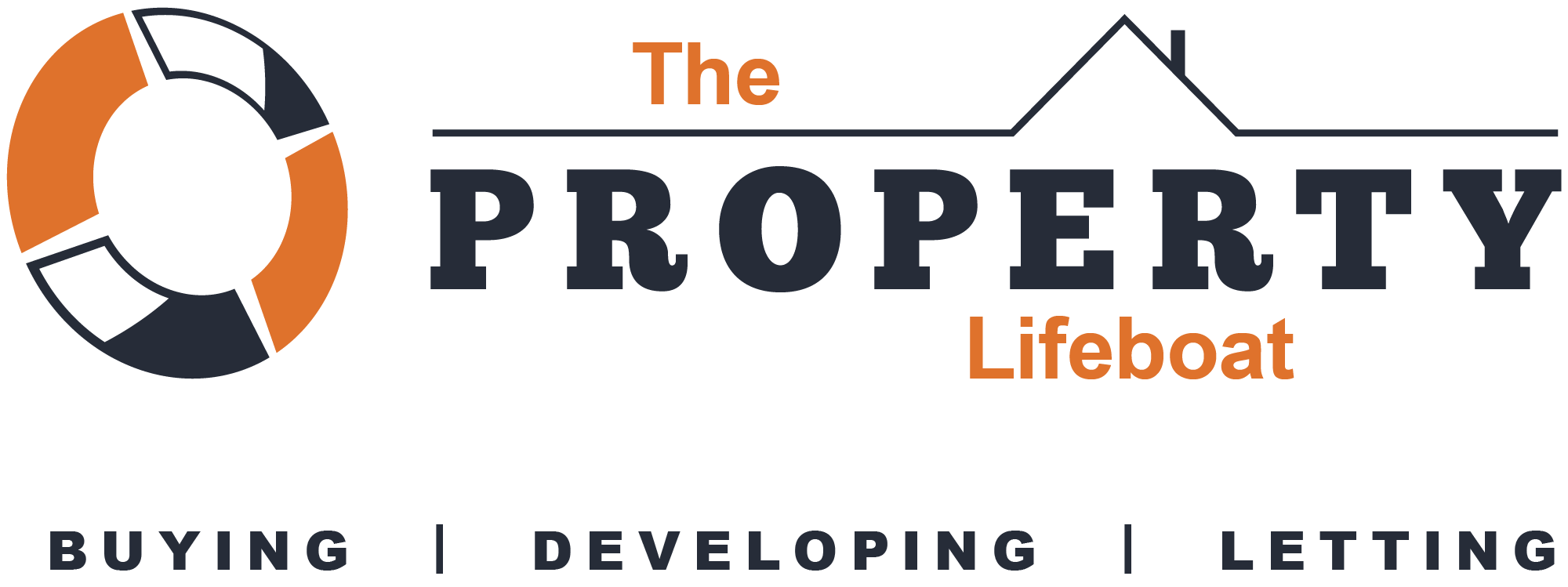There are numerous different assets you can invest in and you may be tempted to ask ’Which one is best?’ The question isn’t as simple as this. It’s kind of like asking ‘is having a left leg better than having a right leg’? Different investments are not mutually exclusive. Each one has its own merits and particular attributes and each one is the ‘right’ one for a particular person, with a particular goal in mind. So, what about property?
Property investment to create wealth
Nowadays, there are seemingly endless choices about where to invest your money. Invest in residential or commercial property? Stocks, shares or bonds? Even digital or cryptocurrencies… or maybe just cash? Yet, at the end of the day, most investors come back to the basic choice between investing in property or in stocks/shares.
In reality, over time, few investments have created as much wealth as investing in property.
Stocks and shares can also offer some excellent opportunities. If you can react quickly and knowledgeable enough, that is. Values of stocks can change quickly, and you must be prepared to ride out the difficult times such as a financial crash.
Everyone wants to get the best returns
One of the key objectives of any investment is to maximise profits whilst minimising risks. Within the property sector, there are different types of assets which offer different returns or yields. These may be residential properties, offices, hotels or even warehouses or other commercial premises. Each asset class has unique characteristics and offers different yields or investment returns. You should do thorough research to see which investment is right for you.

Key features of property as an investment
Tangible assets: Property assets are real. They can be touched, felt and even lived in if necessary. All types of properties are, after all, immovable assets with inherent, intrinsic value.
Investment returns: Investors in property expect to receive rental returns from their investment on a monthly or annual basis. The rental received and, therefore, investment returns depend on the covenants and security of the occupier, and market rentals or values.
Property assets also offer the prospect of long-term capital appreciation. Generally, long-term investment in property has been an excellent hedge against inflation.
Liquidity: By their very nature, properties generally take longer to buy or sell than stocks. Extensive due diligence needs to be undertaken, formal sale and purchase agreements signed, deposits paid and so on. But the relative illiquidity of property assets is also a plus, as it deters short-term decision making which may prove to be disadvantageous over the longer-term.
Availability of debt or funding: Buying property invariably needs financing, and there is a vast array of entities prepared to finance property investments. It may be that a single entity (bank or mortgage provider) funds the debt. Alternatively, the funding may be syndicated amongst several parties. Such funding helps leverage an investor’s equity—and, hence, returns – since the proportion of investor’s money put down, is often small (say 25%) in relation to the value of the asset. The investor therefore receives a return on the ‘whole value’, even when their personal stake in the asset is small.
Investment options: It’s possible to invest in property either via direct purchase or indirectly where you don’t own or have full control of the asset. Direct purchases invariably involve a higher up-front cost, but you are then the decision-maker and primary beneficiary of any investment returns. Indirect property investments can be made through property investment trusts (Real Estate Investment Trusts – REITs) or commercial property bonds, for example.
Investment risks: Property markets are driven by the supply and demand for homes, flats or commercial buildings, as well as the overall health of the domestic economy (and, to some extent, the world economy). Yet, as land is limited in supply and property planning and development takes time, short-term risks may not always impact the value of and return from property.
Conclusion
Only you as an individual investor can know your primary investment objectives and risk tolerance. Yet, investment in property has time and time again proven to be a wealth creator.
If you would like any information on the above subject, contact us by phone on 01233 800999 or email to admin@thepropertylifeboat.co.uk and of the team will be happy to help you.

